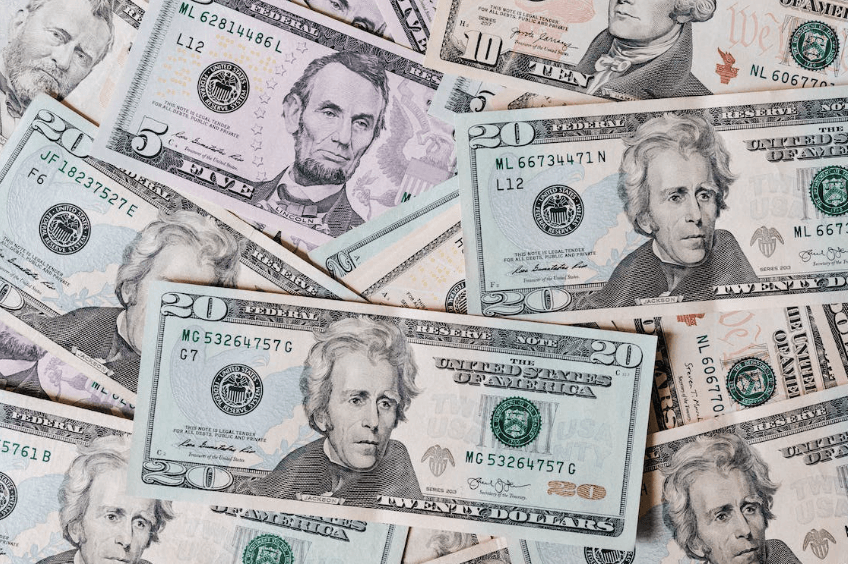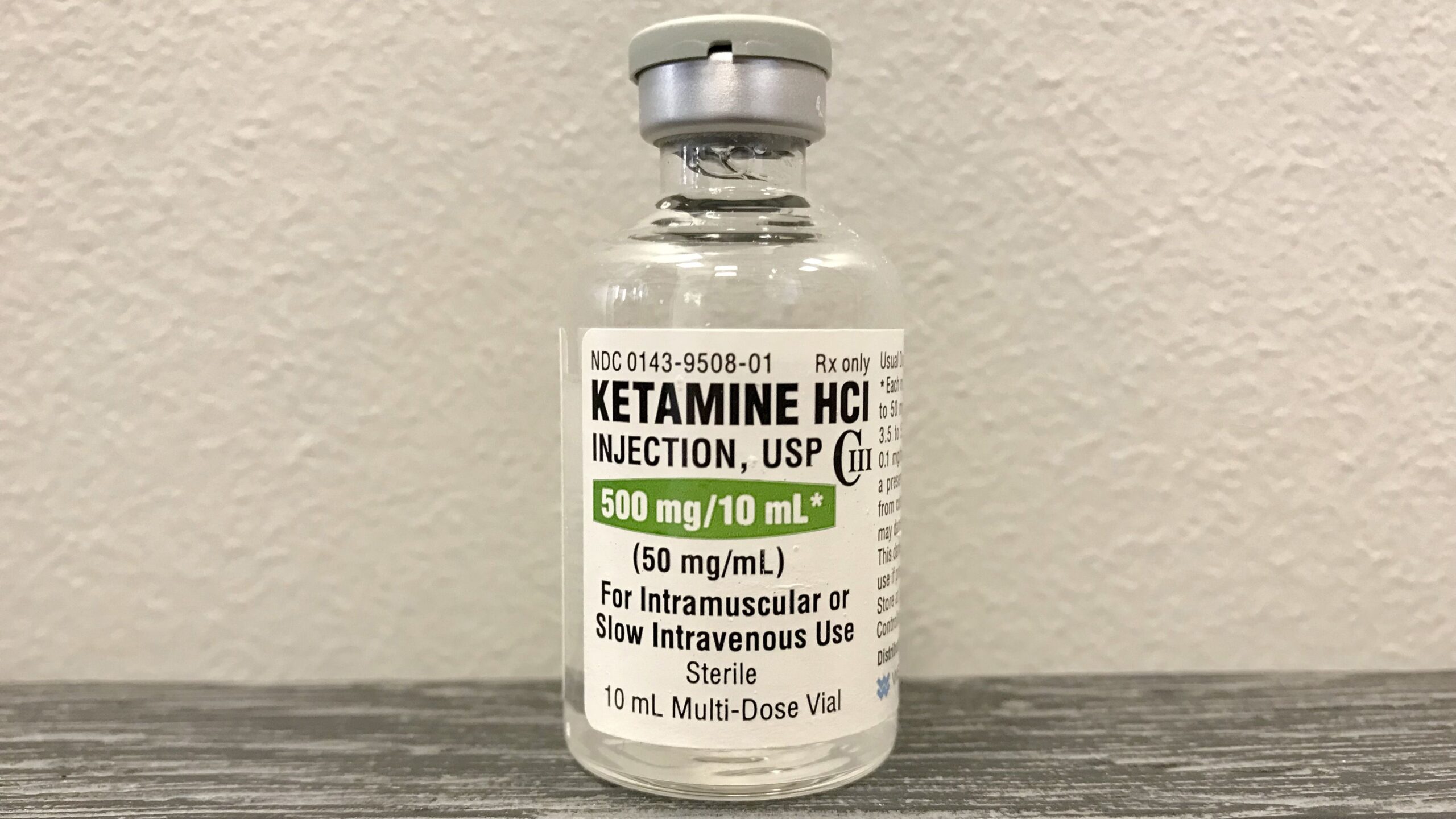What Are the Risks of Unclaimed Money in Florida?
Unclaimed money is an issue that affects many individuals and organizations in Florida. While it may seem like a distant concern, it’s essential to understand the potential risks associated with unclaimed money and why you should take action to prevent it. unclaimed money in fla.
In this article, we’ll explore what unclaimed money is, the risks it poses, and how you can avoid falling victim to these risks.
What Is Unclaimed Money?
Unclaimed money, also known as unclaimed property or unclaimed funds, refers to financial assets that have been abandoned or forgotten by their rightful owners. These assets can take various forms, such as forgotten bank accounts, uncashed checks, dormant savings accounts, insurance policy payouts, and unclaimed deposits.
In Florida, the Department of Financial Services (FLDFS) operates the Bureau of Unclaimed Property, which is responsible for collecting and safeguarding unclaimed money until it can be returned to its rightful owners. Despite these efforts, many people remain unaware of the existence of unclaimed money in their name.
Risks of Unclaimed Money
- Loss of Wealth: One of the most significant risks associated with unclaimed money is the loss of personal wealth. When individuals forget about their financial assets, they are essentially giving up ownership of those funds. Over time, these assets can be absorbed by the state’s coffers, leaving the rightful owners without their hard-earned money.
- Legal Complications: Unclaimed money can lead to legal complications, especially when it comes to probate and estate planning. If a deceased family member had unclaimed assets, their heirs might face challenges in accessing these funds, leading to lengthy legal battles and unnecessary stress during an already difficult time.
- Identity Theft: Unclaimed money can become a target for identity thieves and fraudsters. Scammers may attempt to claim your unclaimed assets by impersonating you, which can lead to financial and personal security risks. By not keeping track of your unclaimed money, you may inadvertently make yourself vulnerable to identity theft.
- Missed Opportunities: Unclaimed money could be invested or put to better use, potentially helping you achieve your financial goals. By failing to claim these funds, you miss out on opportunities for financial growth and stability.
- Difficulty in Accessing Funds: Even if you eventually discover your unclaimed money, the process of claiming it can be time-consuming and complex. There may be documentation requirements, legal procedures, and administrative hurdles to navigate.
How to Avoid the Risks
- Search for Unclaimed Money: Take proactive steps to search for unclaimed money in your name or on behalf of loved ones. Visit the FLDFS website (www.fltreasurehunt.gov) and use their online search tool to check for unclaimed property in Florida.
- Keep Records: Maintain organized financial records, including bank statements, insurance policies, and retirement accounts. Ensure your family members are aware of these records and how to access them in case something happens to you.
- Stay Informed: Keep track of changes in your financial situation and regularly check for unclaimed property. If you’ve moved, changed your name, or switched banks, update your information with relevant institutions to prevent assets from becoming unclaimed.
- Plan for the Future: As part of your estate planning, make sure to include any unclaimed assets in your will or estate documents. Designate beneficiaries to avoid complications for your heirs.
Conclusion
Unclaimed money in Florida poses various risks that can lead to financial losses, legal complications, and even identity theft. To protect yourself and your loved ones, it’s crucial to stay informed, keep track of your financial records, and take proactive steps to claim any unclaimed property in your name. By doing so, you can ensure that your hard-earned money remains in your possession, where it belongs.



